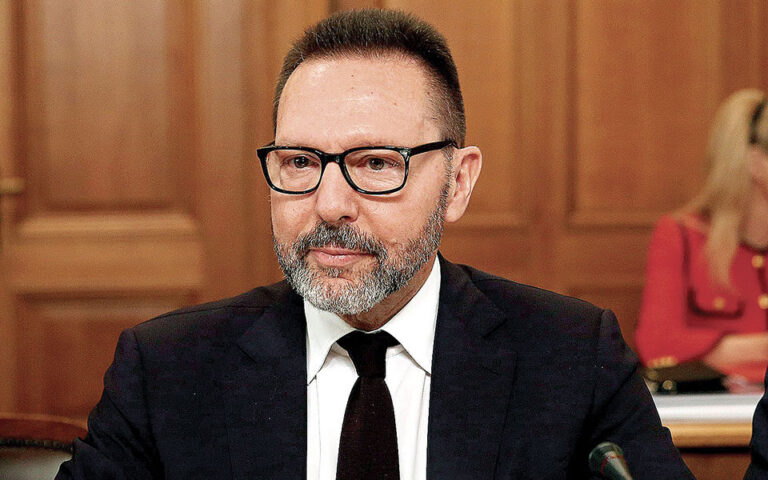
"The Governor of the Bank of Greece, Yannis Stournaras, sounded the bell for the climate crisis and its consequences, speaking at the Securities and Exchange Commission's conference on climate change.
"Humanity today faces multiple, often simultaneous, crises and challenges. These crises and challenges relate to geopolitical, energy, and social issues, and all, directly or indirectly, to a greater or lesser extent, relate to climate change and sustainability more broadly. We are approaching tipping points, which, if or when overcome, will lead to even greater changes. Nature is at unprecedented risk, as the scientific community recognises, and extreme weather events have become more frequent and more severe," he said.
"In such a context, the World Economic Forum includes in its list of the top ten risks to the global economy in the short and long term many climate and environment-related risks. Unless immediate mitigation measures are taken, the chronic impacts of climate change will continue to escalate, causing further damage to the economy, and even greater capital will be required for adaptation investments. All of the above can cause increasing losses of capital—human, material, and financial—and lead to the painful realisation of how inextricably linked to nature is our well-being and, ultimately, our survival," he added.
Indeed, he stressed that excessive warming in the summer months puts upward pressure on food prices, particularly in warmer countries.
He noted that the ECB has begun to take climate change into account in its corporate bond reinvestments, seeking to purchase corporate bonds from issuers with better climate performance, and is gradually integrating climate change issues into its analyses, macroeconomic forecasting models, and risk management.
In this context, the common stance by the Eurosystem central banks, including the Bank of Greece, to apply principles of sustainable and responsible investment in the management of non-monetary policy-related portfolios and the disclosure of financial data related to their climate footprint is also being implemented as early as March 2023. In addition, the ECB is expected to introduce the disclosure of climate change data as a new eligibility criterion for assets offered as collateral in monetary policy operations.
For its part, the ECB's Single Supervisory Mechanism (SSM) has conducted stress simulation exercises to assess the financial impact of climate change on systemic banks in the euro area and is encouraging banks to integrate climate risk assessment into their lending processes and overall credit risk assessment.
However, as Stournaras pointed out, in addition to the risks posed by climate change, actions to address and adapt to climate change can also be opportunities if they are treated as investments that will bring new, more efficient, and more sustainable forms of growth towards a more resilient and greener economy.
"Financing these investments is also an opportunity for the financial system and for the more efficient use of European citizens' savings.
The current juncture is crucial for the European Union to effectively address multiple challenges, such as the climate crisis. This requires a very high level of funding, which can be achieved both through a unified capital market that facilitates investment and capital flows and through the implementation of a single legislative and supervisory framework.






